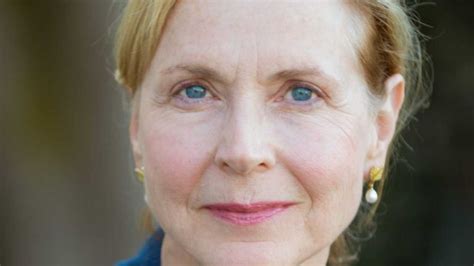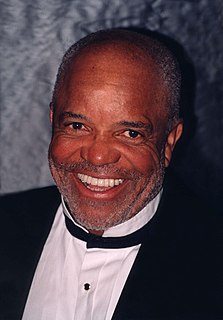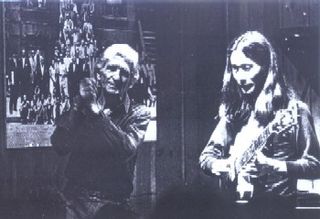A Quote by Nancy Horan
One of the great lessons I learned about historical fiction from writing 'Loving Frank' is that you don't try to disguise what people did; my approach was to try to understand the characters and why they did what they did.
Related Quotes
Once upon a time, they say, there was a girl...there was a boy...there was a person who was in trouble. And this is what she did...and what he did...and how they learned to survive it. This is what they did...and why one failed...and why another triumphed in the end. And I know that it's true, because I danced at their wedding and drank their very best wine.


































